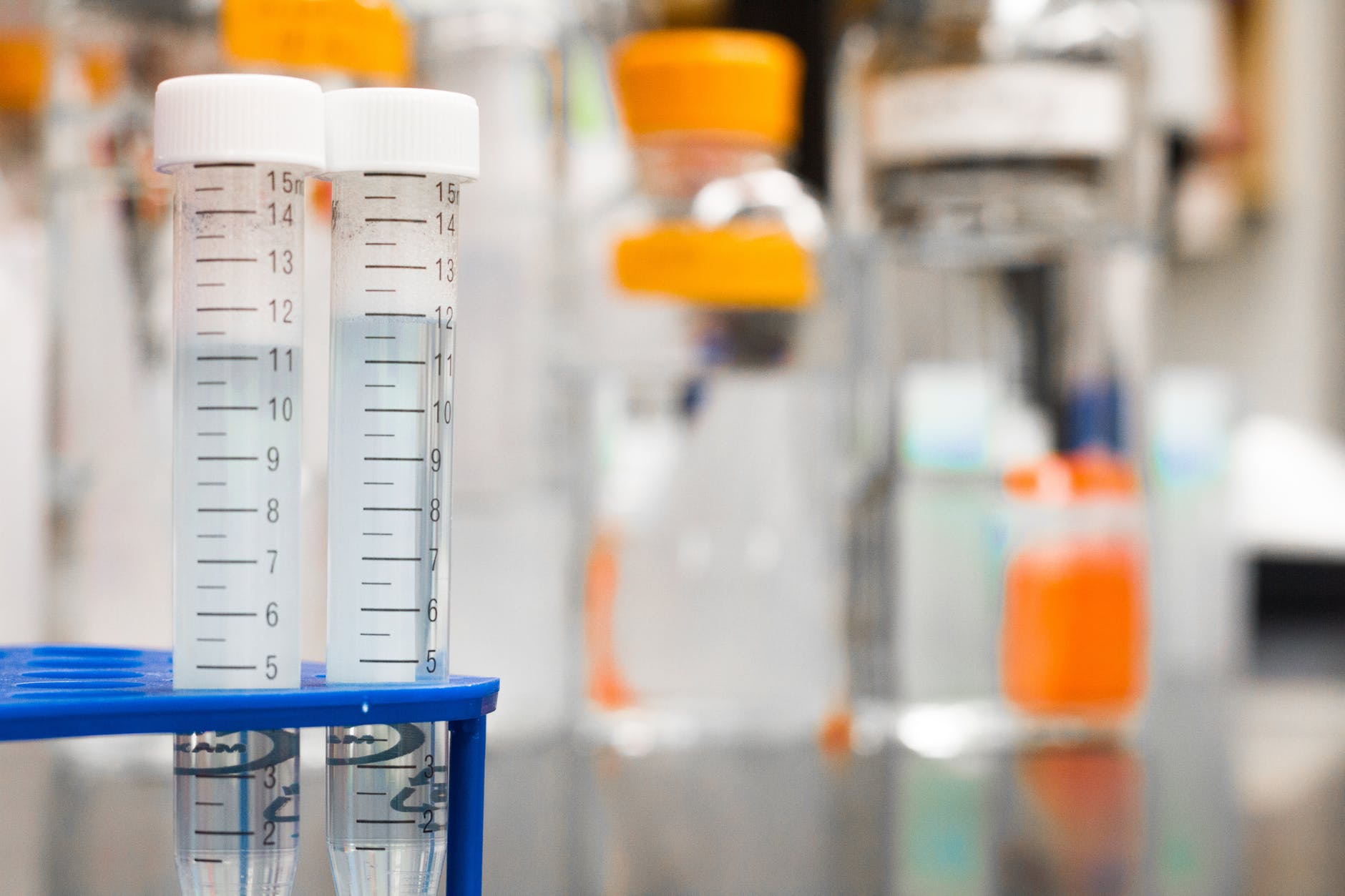Our body produces a protector for cardiac hypertrophy

Chilean scientists studied the process of cardiac hypertrophy and discovered that a human peptide, called Angiotensin 1-9 has protective effects and can prevent this pathology.
Recently, a group of Chilean scientific experts including academics from the University of Chile and researchers from the Advanced Center for Chronic Diseases (ACCDIS), published in Cell Death and Differentiation magazine, Nature – one of the most prestigious publishing groups in the world- The article named "Angiotensin-(1–9) prevents cardiomyocyte hypertrophy by controlling mitochondrial dynamics via miR-129-3p/PKIA pathway"in which they studied the process of cardiac hypertrophy and discovered that a peptide typical of the human being, called Angiotensin 1-9 has protective effects and can prevent this pathology.
"Cardiac hypertrophy is a condition that involves the enlargement of the heart, which is a preliminary step in the disease we know as heart failure," explained Dr.. Valentina Parra, University of Chile academic.
According to the latest national health survey, carried out between 2016 and 2017 in Chile on 26,9% of the population suffers from high blood pressure, which is a chronic pathology which is caused by increased pressure force exerted by blood on the arteries in a sustained way. The higher the pressure, more effort has to make the heart to pump, provoking long-term, the process of cardiac hypertrophy.
In this sense, Valentina Parra commented that in her group's studies, had observed that when heart growth occurs, cardiomyocytes - heart muscle cells- also increase in size, generating a morphological change in the organelles we call mitochondria, what are the energy engines of cells.
In this line, The team of experts found that if the concentration of a peptide produced by humans called Angiotensin 1-9 in the environment of cardiomyocytes is increased,, protects them from hypertrophy and prevents their increase in size. "We found that Angiotensin 1-9, meets cardioprotective effects preventing mitochondria fragmentation, which is when these get smaller", commented Dr.. Parra.
On the other hand, the study also showed that this peptide protects and prevents metabolic remodeling of the heart that occurs in heart failure and for which, so far, there are very few drugs that allow their treatment. "The metabolic remodeling, happens when the heart is sick due to the presence of chronic pathologies such as hypertension, diabetes or other diseases and feeds on a higher percentage of carbohydrates - usually lipids -, making energy use less efficient and decreasing its ability to contract," explained the scientist.
Where we're going
Through this finding, Scientists propose to synthesize Angiotensin 1-9 and turn it into a probable pharmaceutical product, the doctor commented, "Our body produces this peptide, but at very low concentration, that's why more studies are needed to increase its stability and make it more resilient, for example, as we pass through our digestive system".
Currently the ACCDIS team is in the experimental phase and in addition to, work with various areas specializing in nanotechnology and pharmacology, who are testing other forms of Angiotensin 1-9 to make it more stable and generate the likely drug, which must then be tested on animal models.

Hypertensive patients
Dr. Sergio Lavandero, also author of the publication, Pharmaceutical chemist, University of Chile and Director of ACCDIS, seized the opportunity of this publication and the current health emergency as a product of COVID-19 disease, to make a call: "Those patients who are being treated with antihypertensive drugs should continue with the usual drugs and specifically with the so-called angiotensin type II receptor antagonists. (as losartan , Valsartan, Candesartan, olmesrtan, etc.) and with angiotensin I-converting enzyme inhibitors (like enalapril, Lisinopril, Captopril, etc.)”. Reported that there is no clinical evidence to modify or discontinue these drugs in hypertensive patients with COVID-19.
Patients who are being treated with antihypertensive medications such as: losartan , Valsartan, Candesartan, olmesrtan, Enalapril, Lisinopril, Captopril and another should continue with their usual drugs, Dr. Sergio Lanvadero reported, Pharmaceutical Chemist at the University of Chile.
This opinion is shared by various international scientific societies dedicated to arterial hypertension such as: the European Hypertension Society, Council for Hypertension of the European Society of Cardiology, Canadian Society of Hypertension, Cardiovascular Society of Canada, International Hypertension Society, British Hypertension Society, among others.
Source: ACCDIS Communications and Press U.Chile
